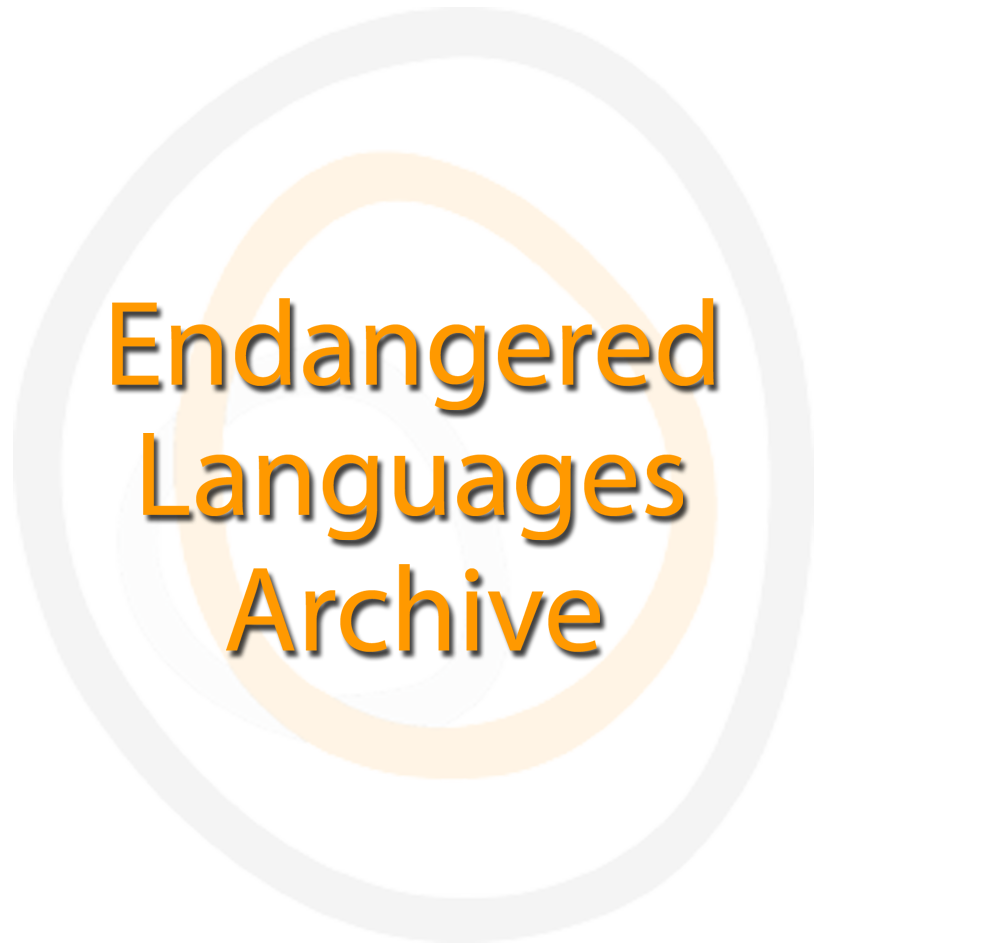Recordings of Gbanzili-Bôlaka: An Ubangi language of Congo
| Language | Gbanzili-Bolaka |
| Depositor | Alexandre François, Marie-Françoise Rombi |
| Affiliation | Lattice (CNRS–ENS–Sorbonne nouvelle) |
| Location | Central African Republic |
| Collection ID | 0585 |
| Grant ID | LMG0001 |
| Funding Body | ELDP |
| Collection Status | Collection online |
| Landing Page Handle | http://hdl.handle.net/2196/4d39a6d1-e323-479b-bebe-8b2e4156b4f1 |
Summary of the collection
The corpus of the Gbanzili-Bôlaka archives was collected in 1973 by linguist Marie-Françoise Rombi, with major help from local researcher Paul Kosi Agoya. They both visited fishing villages located between Kouango and Mobaye, whose oral tradition was particularly rich. Their archives include folktales, historical stories, sung stories, and riddles – to which they added a lexicon of about 2000 words.
The Gbanzili-Bôlaka oral tradition is noteworthy for its rich repertoire of historical narratives. These tell the history of the people’s migration towards the Ubangi region: the challenges of crossing of the Ubangi river; the wars that accompanied their settlement; the history of slave-hunting. Other stories tell the origins of the different lineages, or the beginnings of European colonization.
After 1979, MF Rombi was unable to pursue her investigations, due to the constant political unrest that have plagued the Central African Republic, including political uprisings and armed conflicts. This gives all the more value to these unique recordings.
Group represented
A few centuries ago, the Gbanzili-Bolaka lived southeast of RCA, between the Congo and Nile river basins. Driven by the expansion of Nilotic populations, they left their original homeland, and migrated towards the north bank of the Congo River loop. They went north, walking across the forest and following river courses till they met the Ubangi river, where they settled between Mobaye and Kouango. They first lived on the southern bank of the Congo, then on the north bank of the Central African Republic. They formed part of a single social complex with the Monzombo, the Ngbaka, and the Aka-Baka Pygmies; each ethnicity had its own activities, and the Gbanzili-Bolaka were hunter-gatherers. The Gbanzili-Bolaka have kept many linguistic and cultural traces of their ancient coexistence with the Pygmies, especially in their music and their practice of polyphonic singing. Skilled fishermen on their canoes, they soon became the traders on this section of the river Ubangi. Their reputation as invincible warriors earned them the support of various small ethnic groups (the Banda, the Ngbandi) who ended up merging with the Gbanzili-Bolaka, culturally and linguistically. These assimilated populations brought ritual practices hitherto unknown in the Ngbaka-Gbanzili-Monzombo group, such as circumcision and excision. While the Gbanzili are mainly fishermen, the Bolaka also practice a subsistence agriculture and market their surpluses.
Language information
Gbanzili-Bolaka is an Ubangi language spoken across the border of the Central African Republic and the Democratic Republic of Congo (formerly Zaire). It is spoken by a community of fishermen established on both sides of the Ubangi river, between Kouango and Mobaye, upstream of the CAR capital Bangui [see https://centralafricanrepublicnews.files.wordpress.com/2017/04/peuple.jpg]. The population of speakers was estimated to about 1000 at the time of fieldwork, in 1973; more recent estimates reach up to 20,000 speakers. Gbanzili and Bôlaka (a.k.a. Gbanziri and Bôraka) are two dialects of a single language, with high mutual intelligibility, but lexical differences. The language belongs to the Ubangian branch [≈50 lgs] of the Adamawa-Ubangi subgroup [≈100 lgs], within the larger Niger-Congo phylum [≈1400 lgs].
Special characteristics
Considering the value of these archives, we shall welcome information from any speaker who could help us with the metadata.
The same recordings are accessible on LACITO’s “Pangloss collection” and on CNRS’ CoCoON (Collections de Corpus Oraux Numériques).
Collection contents
The recordings represent 7 reels, totaling 6h 52’ of sound. The contents include: Stories of people and animals; Folktales; Sung stories; Myths; Stories of Tùlɛ̀ the cultural hero; historical narratives; Ritual and seculary songs; Riddles.
Collection history
Research on Gbanzili-Bolaka began in 1966, and was carried out across several fishing villages. The main local researcher was Paul Kossi Agoya, who conducted interviews with elderly speakers in various villages along the Ubangi river, between Kouango and Mobaye.
Other information
Reference:
Rombi, Marie-Françoise & Jacqueline M.C. Thomas. 2006. Un continuum prédicatif. Le cas du gbanzili. Leuven: Peeters. 383 p.
Acknowledgement and citation
Users of the Gbanzili-Bolaka collection should acknowledge Marie-Françoise Rombi from CNRS–LaCiTO as the principal investigator and data collector. Alexandre François was in charge of coordinating the collection, in the broader framework of LAVAFLoW (Legacy audio video archival in fourteen languages of the world).
The digital audio recordings were made possible through the financial support of CNRS–LaCiTO. The ELDP funding helped our research assistant Anne Armand prepare the archive for online display.
To refer to any data from the collection, please cite as follows:
Rombi, Marie-Françoise. 2019. Recordings of Gbanzili-Bôlaka: An Ubangi language of Congo. Endangered Languages Archive. Handle: http://hdl.handle.net/2196/00-0000-0000-0013-E13E-C. Accessed on [insert date here].


